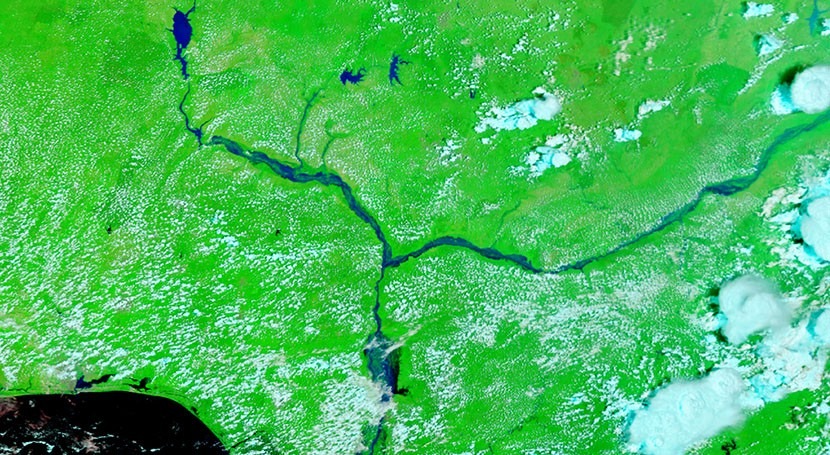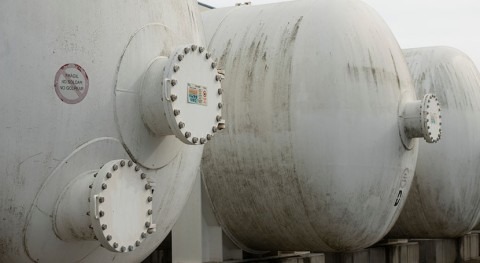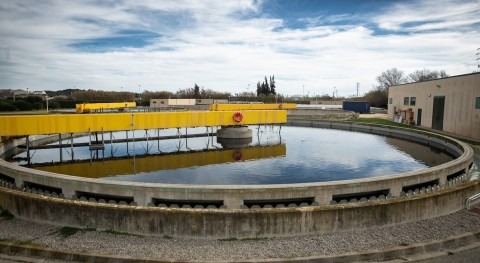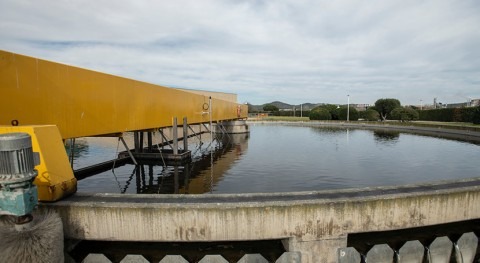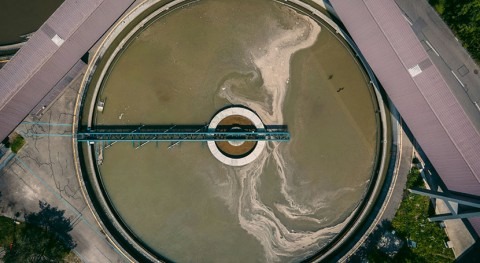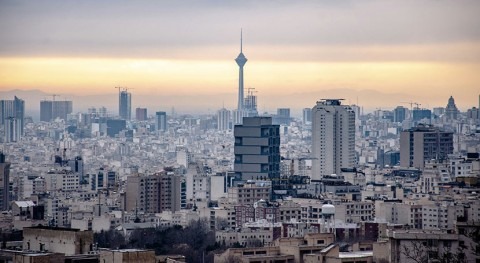The recent floods in Nigeria have resulted in more than 600 people dead as of last Sunday, informs Phys.org. A statement by the Ministry of Humanitarian Affairs says 1.3 million people have been displaced, while an estimated 82,000 homes and 110,000 hectares of agricultural land have been affected. The current floods are the worst on record since 2012, when 2.1 million people were displaced and more than 360 lost their lives.
According to Nigeria’s National Emergency Management Agency (NEMA), the rainy season usually starts in June, but the country has experienced heavier than usual rainfall since August. In addition, the release of water from the Lagdo dam on the Benue River, upstream in Cameroon, has contributed to the flooding. Eneo Cameroon, the country’s major power company, announced on September 13 that in September and October it would start releasing excess water in the Lagdo Dam, as it was at 91% capacity.
The Lagdo dam, completed in 1982, causes downstream flooding whenever excess water is released, affecting Kogi, Benue and north-eastern states in Nigeria, explains Pulse Nigeria. To buffer the flooding, the Nigerian Government was going to build another dam – the Dasin Hausa Dam – downstream from the Lagdo Dam, in the state of Adamawa, but it was never completed. The situation highlights the importance of transboundary water management to address flood risks.
Many sub-Saharan economies are already struggling with the effects of the Russia-Ukraine war; heavily dependent on food imports from both countries, the rise in food and energy prices threatens food security in the region. Rice imports are banned in Nigeria to encourage local production, but now the devastating floods are expected to impact rice prices. The widespread flooding has also been blamed for fuel shortages in the capital Abuja, as floodwaters have disrupted road transport. Last month the World Food Programme warned about the looming food security crisis in several countries, including Nigeria among those at the ‘highest alert’ as they face catastrophic levels of hunger.


